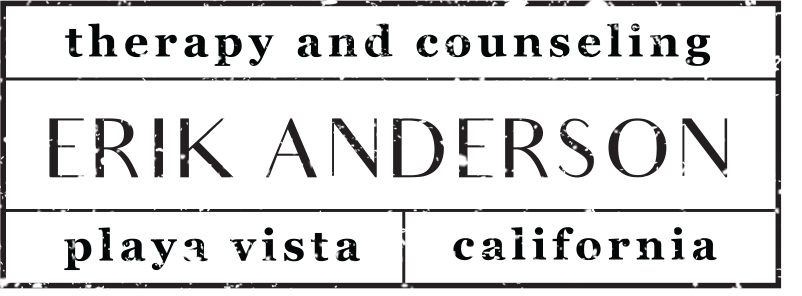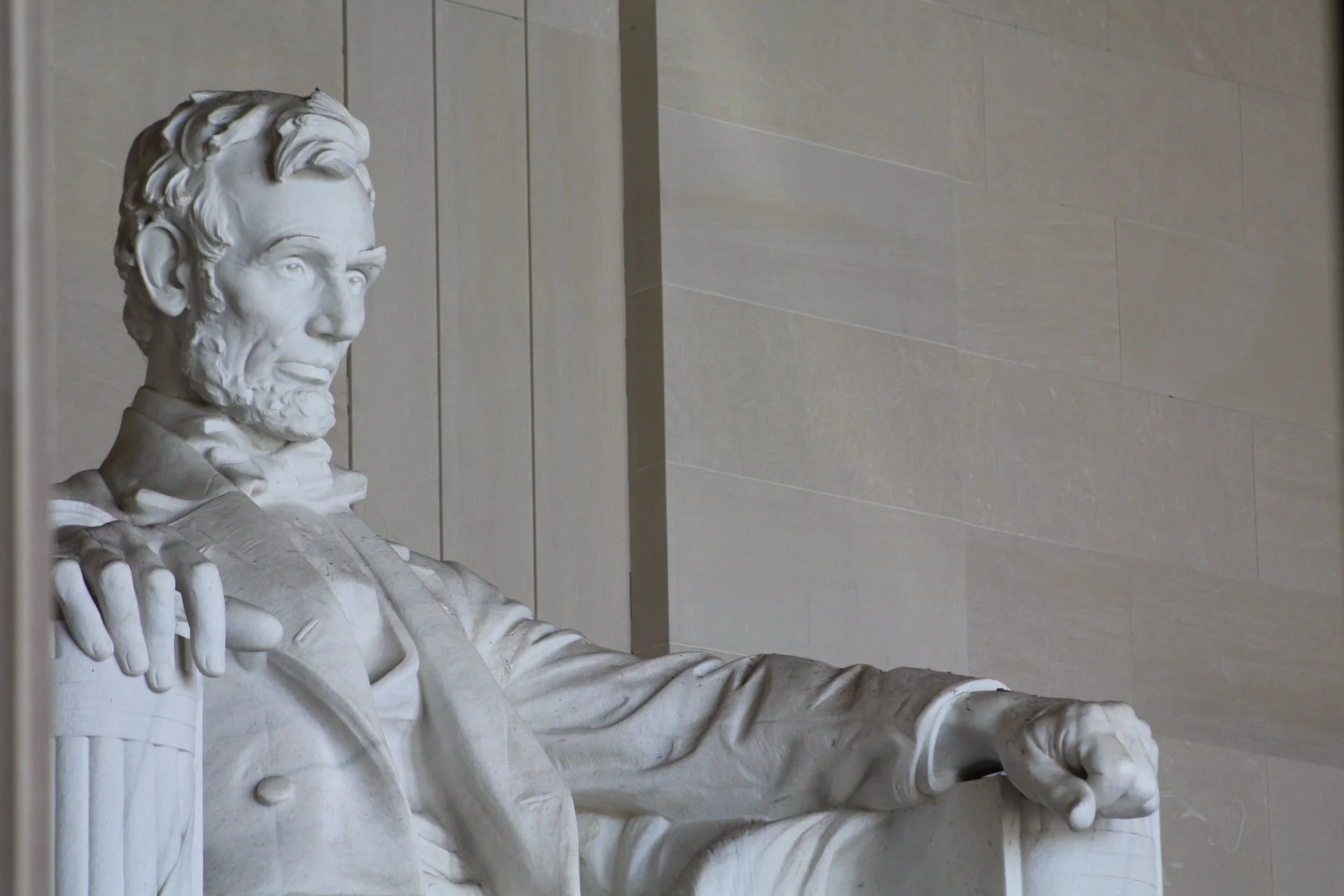Historical Figures Who Struggled With Mental Health
Mental illness doesn’t discriminate. Although factors such as social prejudice and lack of resources can compound mental illness, the fact is anyone can suffer with mental health issues, regardless of identity or income. In fact, some of the most successful famous people throughout history have contended with a variety of mental health concerns. But who were they, and what were they able to accomplish?
If you’re feeling discouraged, and worried that your mental health obstacles may prevent you from achieving your dreams, read on to be inspired by these historical figures with mental illness.
Buddy Bolden
Charles “Buddy” Bolden, often credited with inventing the distinct New Orleans ragtime music that gave birth to jazz, would probably be diagnosed with schizophrenia today. Born in 1877, Bolden picked up the cornet as a kid, and quickly amassed a loyal local following. Unfortunately, living in Jim Crow-era Louisiana and experiencing episodes of intense paranoia landed him in jail on several occasions, and at 30, he was permanently institutionalized. Although his musical career was cut short, his legacy lives on in American music today.
Abraham Lincoln
Another one of the major historical figures with mental illness that you might have never known had struggled is Abraham Lincoln. While he’s often cited with the quotation, “Most folks are about as happy as they make up their minds to be,” this phrase ironically speaks to the tragic misunderstandings around mental illness during the 1800s–depression, or “melancholy,” as it was known–was often seen as a moral or personal failing. From letters, we’ve learned that Lincoln struggled with debilitating depression–no doubt exacerbated by the stigma and ineffective cures of the era.
Nina Simone
While Nina Simone passed relatively recently–in 2003–her contributions to music and civil rights have undoubtedly established her as a historical figure with mental illness. Known for her incomparable jazz performances and social activism, the “High Priestess of Soul” also battled bipolar disorder. While she didn’t often disclose her diagnosis in interviews, her 1992 autobiography, I Put a Spell on You, describes her struggles with intense loneliness, sadness, and destructive rage.
Nikola Tesla
Although many lists of famous historical figures with mental illness focus on the arts, it should be noted that mental illness can affect anyone in any field. Take, for example, Nikola Tesla–inventor and genius who greatly contributed to our understanding of how electricity works and how it can be applied. Tesla was known for his “eccentric” and increasingly disruptive obsessions. He had an intense fixation with the number 3, and extreme fears and rituals related to germs. As he got older, his untreated OCD controlled more and more of his life, causing him to isolate for long stretches.
Jack Kerouac
Jack Kerouac, a founding father of Beat poetry and culture, was best known for his iconic novel, On the Road. Kerouac is also one of the many historical figures with mental illnesses whose life was cut tragically short by complications of mental illness. As a young man, he was diagnosed with “dementia praecox”–what would now be termed schizophrenia. He also grappled with severe substance use disorders, becoming increasingly dependent on alcohol and amphetamines to cope with fame once his novel hit bookstore shelves. While some see madness and suffering as necessary to the creative process, a different perspective inspires the question, “What else could he have achieved, if only he’d found effective treatment?”
Mental Illness Doesn’t Have to Prevent You From Leading a Meaningful, Accomplished Life
As demonstrated by the many famous historical figures with mental illness listed above, there are plenty of people who struggle with mental health disorders and still leave an indelible imprint on our cultural history through their contributions in the arts, sciences, and politics. It’s important to consider the devastating effects that stigma and lack of treatment had on all of these individuals. Thankfully, the stigma of mental illness and getting help are finally beginning to weaken, and today, support is more available than ever.
Are you inspired by these historical figures with mental illness and looking to get support of your own? Now is the time to reach out for help. I am a Licensed Marriage and Family Therapist serving California’s west Los Angeles neighborhoods of Playa Vista, Mar Vista, and Culver City. I leverage evidence-based therapeutic practices to help you identify the root causes of your mental health issues, discover ways to navigate them more successfully, and discover a life worth living. Begin your journey by getting in touch with me today!

